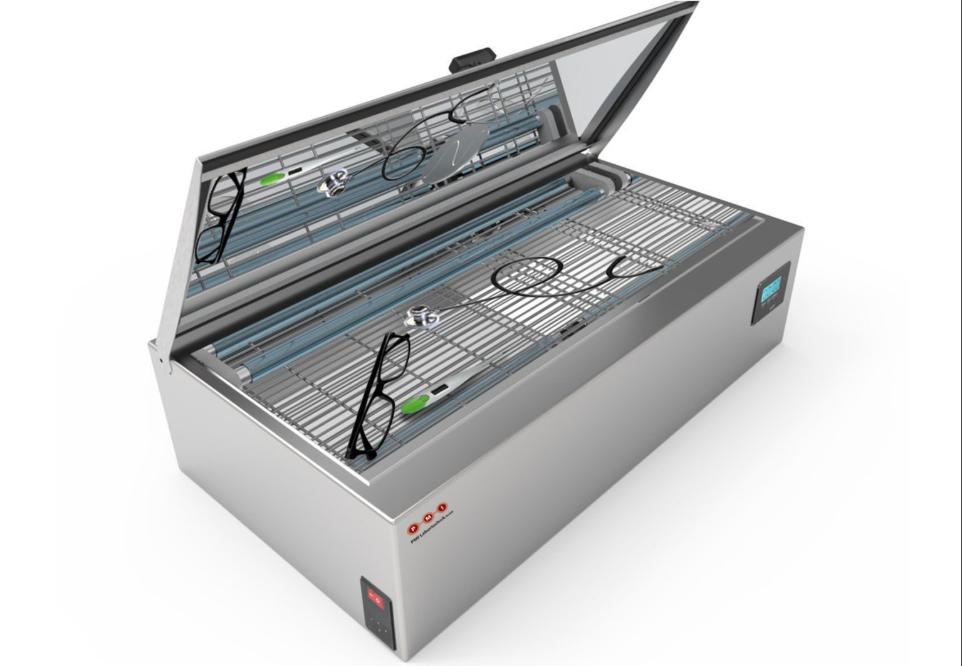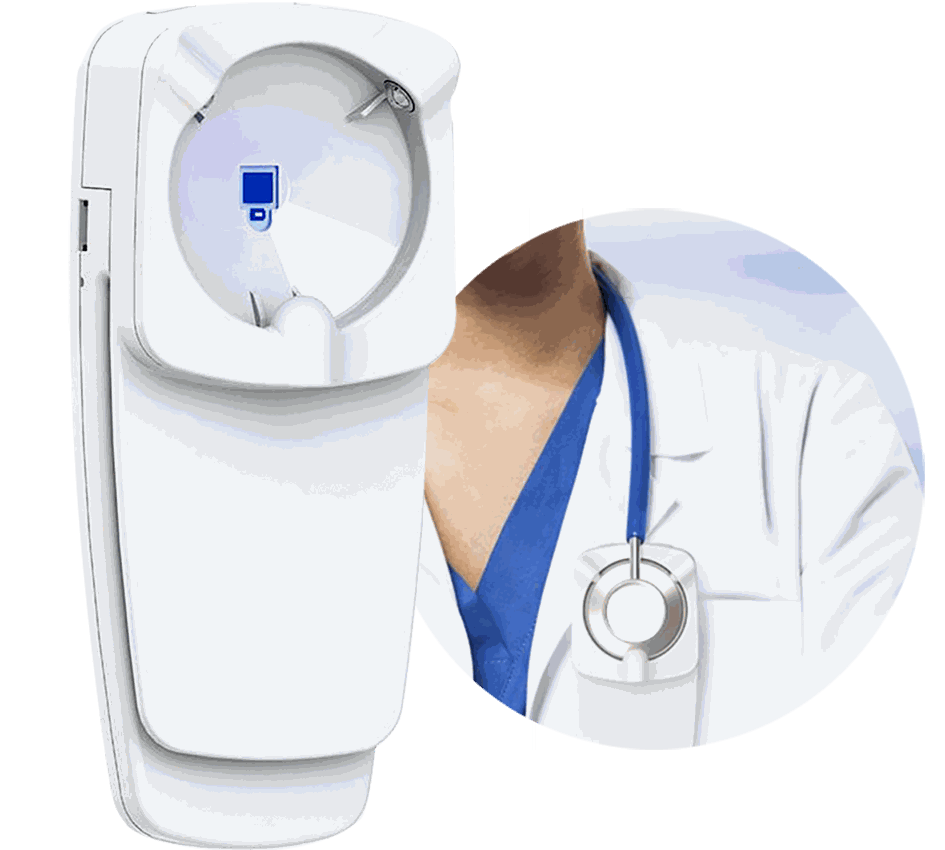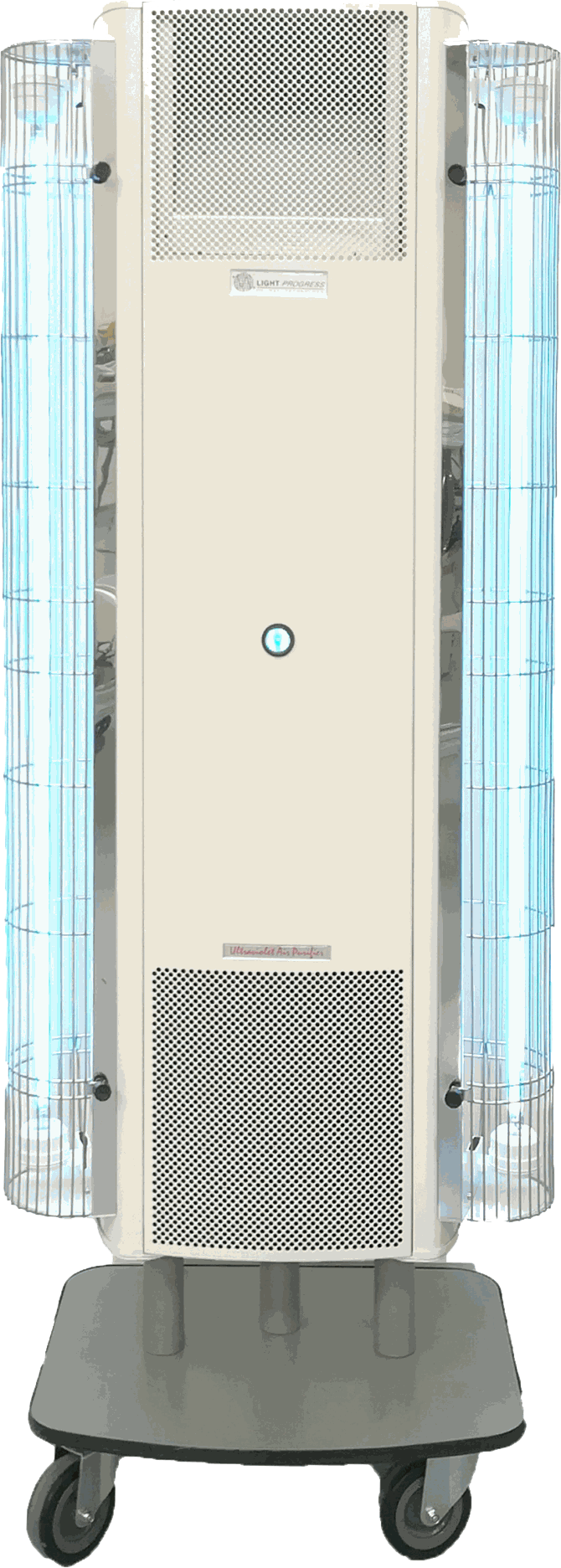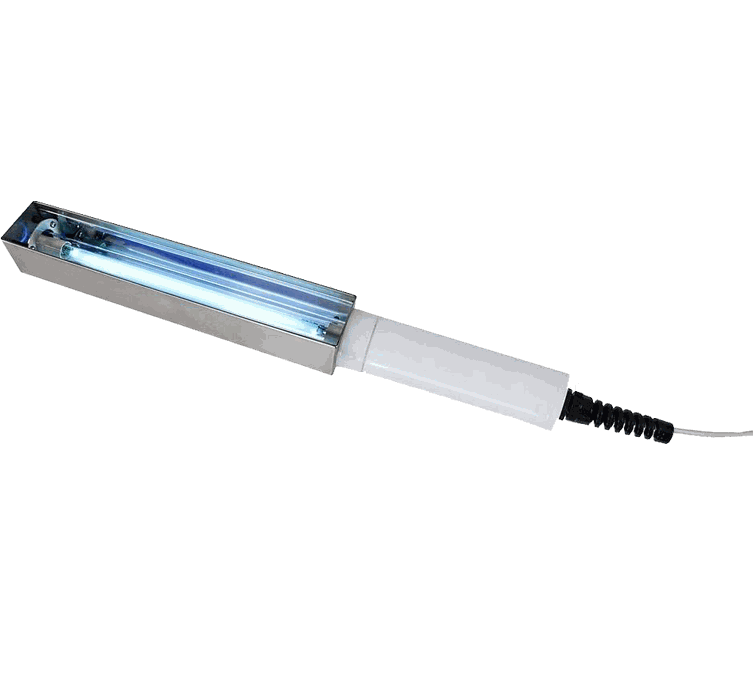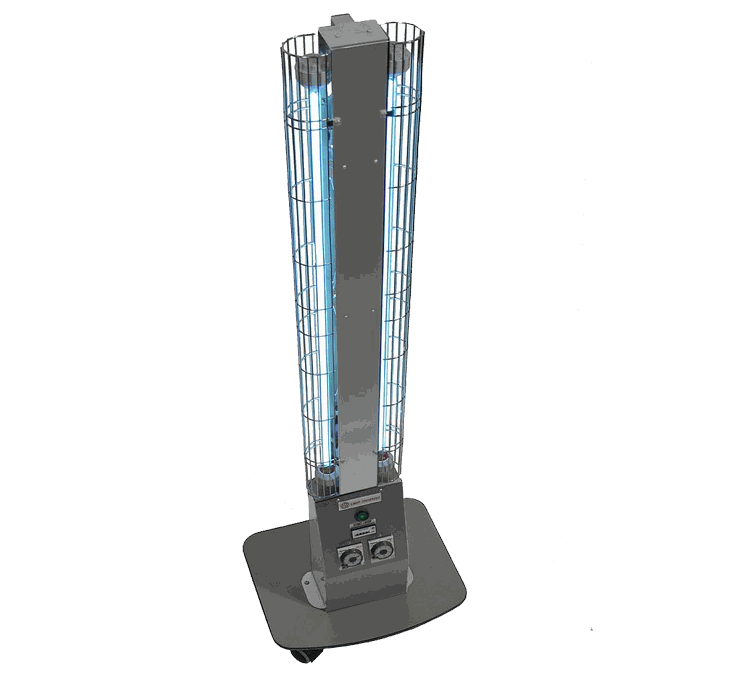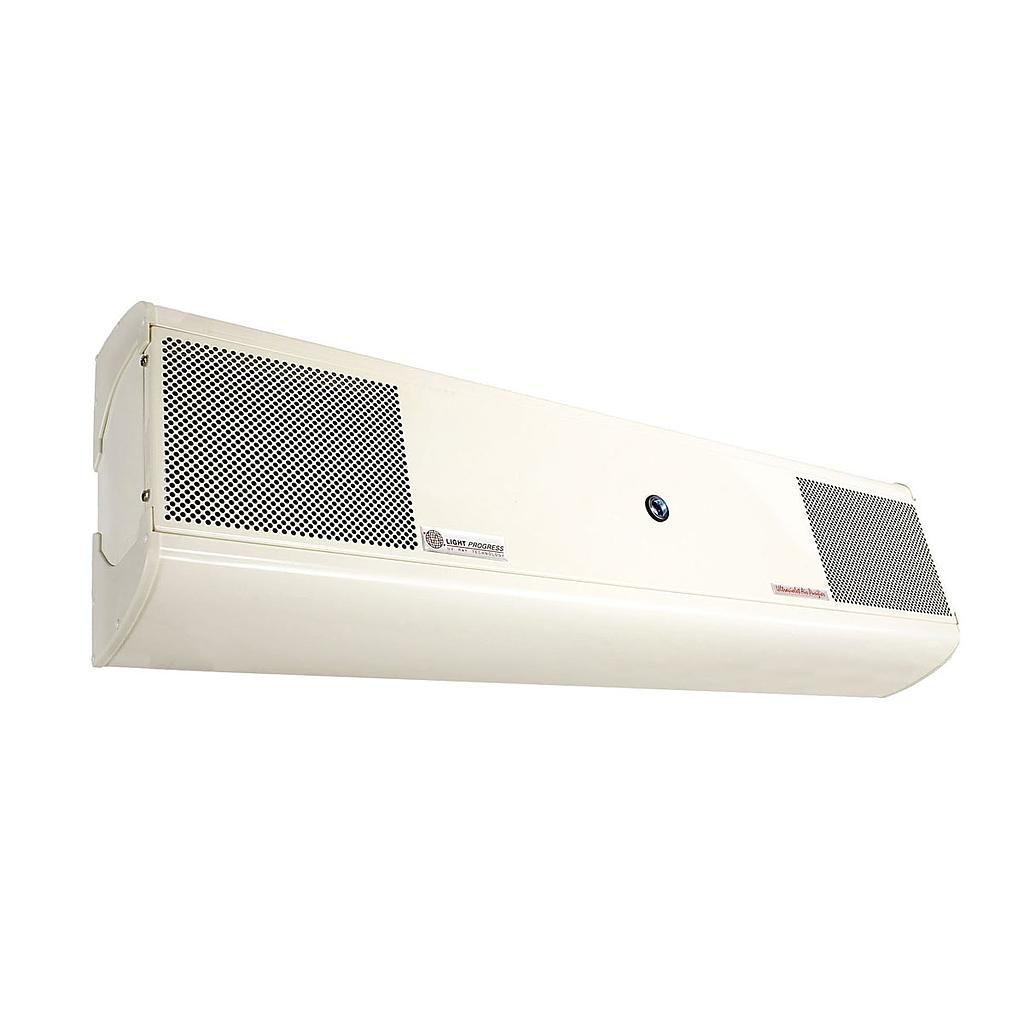Scientific reports
and
exciting facts
Research reports on the effectiveness of UV-C rays in connection with
Covid-19, SARS, N1H1, N5H1
HERE YOU WILL GET ALL ANSWERS AROUND THE TOPIC UV-C
ARE UV-C RAYS EFFECTIVE IN DISINFECTING MASKS?
UV-C rays have been successfully tested in laboratories as a method to decontaminate N95 masks exposed to MS2 bacteriophage and influenza virus.
UV-C systems are quick and easy to use compared to other disinfection methods and leave no chemical residues that pose a risk to anyone exposed. Scientific studies - such as the 2015 study published by the National Institute of Health and the 2018 study published by the American Journal of Infection Control - confirm the effectiveness of this technology for disinfecting medical devices.
Although the resistance of the masks to UV radiation has been tested (they have not been damaged even after 10/20 UV disinfection cycles), it is important to remember that these instruments are designed and built to be used as disposable personal protection systems. We are not able to provide substantial data on the behavior of all major mask types and brands because there are not enough instruments available on the market to perform our internal tests. However, the situation of extreme necessity makes this a common practice with our customers.
IS UV-C TECHNOLOGY RELIABLE FOR DISINFECTION?
UV-C technology has been used for over a century to disinfect air, water and instruments. As early as the 1930s, UV-C radiation was widely used for air and water treatment in hospitals and, since World War II, in processing centers, water treatment plants and all facilities concerned with the control of microbial contamination.
UV-C disinfection systems for nosocomial environments were first introduced in U.S. hospitals around 2007. Since then, their popularity has grown as they disinfect virtually every surface of a room with minimal effort and without the use of hazardous chemicals.
ARE UV-C RAYS EFFECTIVE FOR DISINFECTION?
Several world-class agencies and organizations, such as WHO, EPA, CDC, ASHRAE and many others, recommend the use of UV-C radiation for water disinfection and environmental and air conditioning treatment. The proper use of UV-C radiation allows for the elimination of up to 99.9999% of microorganisms, such as bacteria and viruses, without the hazards associated with the use of chemicals.ARE UV-C RAYS EFFECTIVE AGAINST SARS-COV-2 CORONAVIRUS?
Gegenwärtig gibt es keine spezifischen Tests zur UV-Resistenz des Coronavirus SARS-Cov-2, aber es gibt einige Beispiele aus der wissenschaftlichen Literatur über die UV-C-Behandlung sehr ähnlicher Viren, wie SARS-1 oder MERS.
There is also evidence of the effectiveness of ultraviolet radiation in disinfecting the air and surfaces of microorganisms that are much more complex and difficult to treat than this virus, such as C. Difficult, MRSA, or even more deadly threats such as Ebola and Legionella.
It is estimated that the SARS-CoV-2 coronavirus can survive on surfaces for up to nine days due to its similarity to SARS and MERS. Standard disinfectants are effective against SARS-CoV-2, but to provide additional protection and avoid errors in manual disinfection, ultraviolet light can be used to disinfect surfaces and equipment after manual chemical disinfection.
UV technology is therefore a valuable tool in the fight against H1N1, SARS, MERS and now COVID-19.
It is worth remembering that "the use of UV rays is not intended as a substitute for the use of chemical disinfectants, but as a physical and environmental technology that, in combination with traditional methods, can make a big difference in controlling contamination of all kinds."
